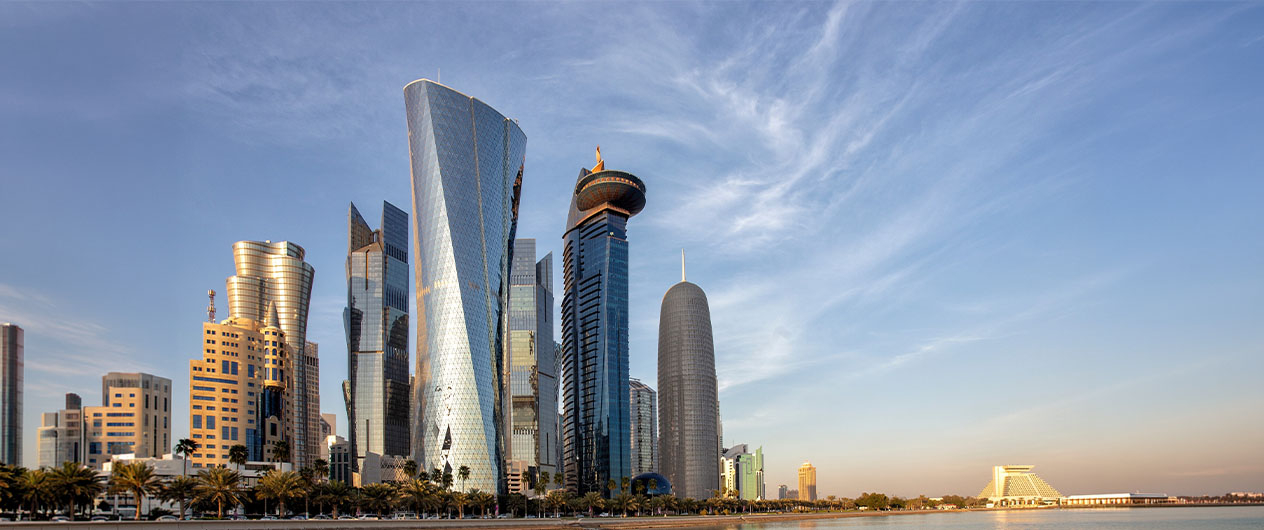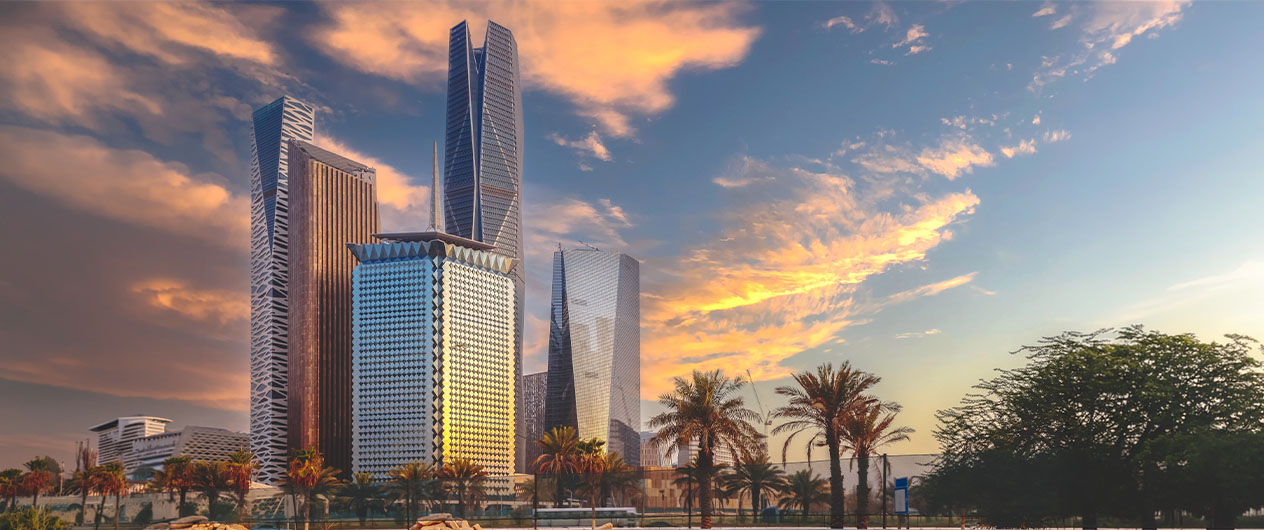Interview with Mr. Raghu, Head of Research, Markaz by Peter Duke, Sales Director, Fidelity Worldwide Investment.
2015 has seen oil prices drop to a new low amid a glut of supply in the region. But how will this affect the GCC and MENA economies? Will there be an end to the current situation? And will the prices stabilise before the end of the year or do they have further to drop?
Peter Duke: Good morning welcome to the Fund Forum Middle East. My name is Peter Duke from Fidelity Worldwide Investment. I am delighted to be joined today by Mr. MR Raghu, Head of Research, at Markaz. Raghu Welcome!
Raghu: Thank you
Peter Duke: Your special subject today is oil so of course we kickoff with the basic question around demand and supply and how you see those dynamics in your market at the moment
Raghu: Sure! You know at a very broad level, any commodity is always impacted by demand and supply. Price is always a function of demand and supply and this works very well for oil as well. In the past when we have demand slackening, the supply gets adjusted and therefore the prices defended. Now that model has broken down and we have a double whammy now if I may call it. So we have a weak demand and we have an oversupply , so this is killing the price, obviously. Now the question to ask is “why is supply not getting adjusted to a weak demand to defend the price?” ok that’s where I feel the politics comes in to play and that’s why I said there is a shift in the way we have to think about the oil market in the current context of the simple “demand – supply –price” equation.
Peter Duke: Raghu you said that argument about politics must be the role of Saudi Arabia is key here. How do see that and how do you judge that policies on internationally working, do you think that it will stabilize away.
Raghu: Yes it was very surprising the way I understand how Saudi has acted at this time around, because traditionally OPEC which is “Saudi Arabia” always had this defend price strategy in place. But they have observed that unconventional oil has come to the market in a big way and the traditional price driven response may actually backfire on them after some time. So they have decided to play the gamble and the gamble is, “don’t defend the price but defend your market share” which means keep producing rather produce more you know to get more market share and they know the consequence. The consequence will be a lower price and we all see that today. But the thing is there is an inflexion point to this gamble.They want to play this till they get the high cost producers out of the scene and then go back and play their original equation of defending the price. Now, the thing is “who is going to blink first?”, that is the question now. So the way we understand unconventional producers, it’s a very hazy picture because there is a technology angle to it, there is a price angle to it and the player profile is different, the conventional oil is controlled by national oil companies for example, backed by huge sovereigns, unconventional oil is controlled by small players who are mostly in the just bond market, such a completely different dynamics. So we don’t know the jury is still not out and we hope the Saudi gamble pays off and the oil market comes back to at least $70-80 as they wanted to be in the medium term. But right now we are in the scene, so we don’t know the climax.
Peter Duke: Well that might be the answer. But have you been surprised by the resilience of Shale produces in the US
Raghu: Absolutely, not only the resilience but the continuous downward estimate of the cost of production, because I remember Goldman Sachs were predicting the cost of unconventional oil about $80 to start with about two years back. But today they are talking about $60 and they are estimating it to go down. So as the cost of production goes down then you know both sides may not blink for a long time. So that is big event to watch. So it’s not happening, you defend your market share and people just go out of the system, they are just not going out of the system actually.
Peter Duke: We have new people coming in to the system like Iran what’s your view
Raghu: Iran is not a big thing as people make it out to be. But definitely in about three four years they will even contribute to the oversupply situation. But not only Iran, we have to talk about Iraq, we have to talk about Libya all hotspots where we thought supply could be constrained, are never constrained. So they are actually adding to the glut of the supply and then demand side is getting bad and therefore we have a double whammy effect on the price.
Peter Duke: if you see this oil crises at these level may be increasing in the medium term. What is the impact in terms of the GCC economies, the stresses that may come out?
Raghu: I feel that the impact is more negative for MENA economies rather GCC Economies. Why because GCC Economies are sitting on huge reserves and they have the fire power to withstand this low oil price environment for a considerable period of time. All this tension about Saudi’s reserves dwindling very fast, it’s over blown in my view. Saudi’s definitely have amassed huge reserves that can stand them today in good stead compared to where they were in 1998 for example when oil prices were very low. But it will hurt MENA economies much more than GCC economies obviously because the breakeven oil price for MENA economies are much higher compared to GCC economies. For example Iran requires an oil price of $135, Saudi Arabia requires oil price of $100, Kuwait requires an oil price of $50. So the comfort zone is definitely much better in the GCC compared to MENA economies. So it’s the MENA economies that will start putting pressure to the extent they are in OPEC cartel to really stop this defending market share game and at least give us some price that we can breathe.
Peter Duke: One final question that I wanted to put on the spot in terms of oil prices at the end of this year what you think is the reasonable number
Raghu: That’s an easy question to answer because we are already close to end of the year, so I am fine to take a call on that! You know oil prices are now range bound between a band of $40 to $60 and I think that’s going to be there for some time. The $100 oil price era is simply gone. But we are not definitely in to the $20 oil scare as well. So $40 to $60 is a world comfort price but whether that is the “Comfort price” for GCC I don’t know.
Peter Duke: Raghu thank you very much for your insights. You heard this for Fund Forum Middle East. Thank you.
Raghu: Thank you, it’s a pleasure talking to you





